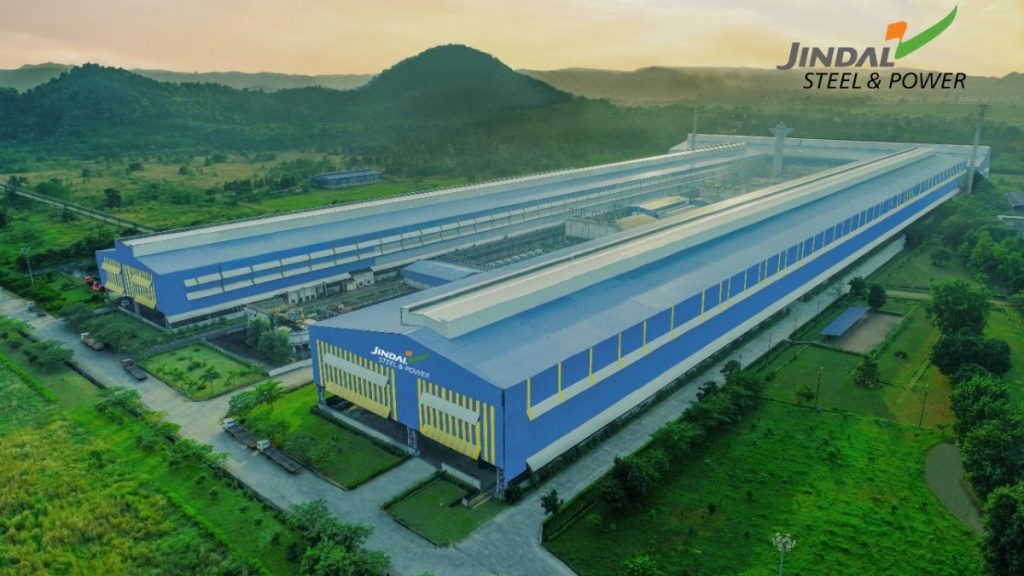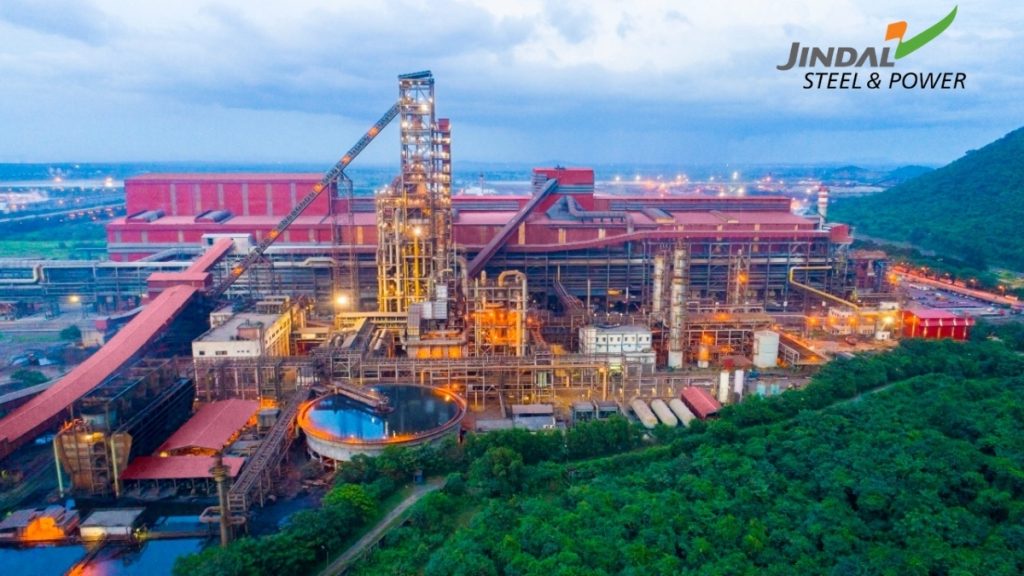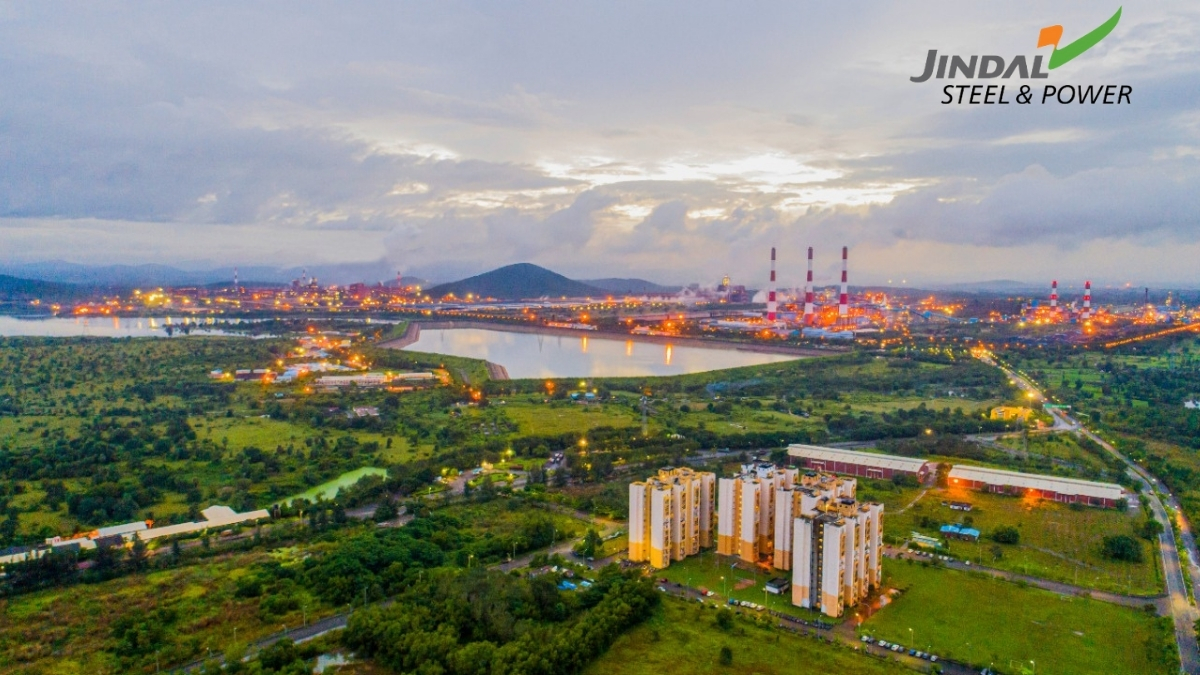JSPL is focussed at reducing its carbon footprint, and working on a long term de-carbonisation plan to contribute towards India’s climate change goals.
ESG (Environment, Sustainability and Governance) has emerged as a key focus area for steel major, JSPL, much like Climate Change is today a top priority for the government.
While India is on course towards meeting its Climate obligations, the Indian private sector, too, is playing an important role in meeting this objective. A declaration on Climate Change, signed by 24 key industry captains and the Ministry of Environment, Forest and Climate Change recently was called a historic and welcome step.
The Paris agreement’s goal is to limit global warming to well below 2 degree centigrade, preferably 1.5 degree centigrade, compared to pre-industrial levels.
As part of its Nationally Determined Contributions, India has three quantitative climate change goals. First is to reduce the emissions intensity of GDP by 33 to 35 per cent by 2030 from 2005 level. A drop of 24 percent of emission intensity has already been achieved in India today. Second is to achieve about 40 per cent cumulative electric power installed capacity from non-fossil fuel based energy resources by 2030 is envisaged. Third is to create an additional carbon sink of 2.5 to 3 billion tonnes of carbon dioxide equivalent through additional forest and tree cover by 2030 is envisaged.
JSPL is focussing now on reducing its carbon footprint, and working on a long term de-carbonisation plan which will also contribute towards India’s climate change goals.

In this context, reports of stake sale in its thermal power business by JSPL assume significance. If it is done then it would translate into reducing almost 18 million tonnes of coal usage annually and reduce its carbon footprint by almost 50 percent.
Industry experts say that this bold plan of action by the management may have been prompted by a push back by debt and equity investors who are now increasingly becoming ESG conscious and more demanding on this parameter. JPL, as part of JSPL, has a large carbon footprint which will be completely negated with a stake sale and result in a much better ESG score for JSPL in the future.
This move will also help pare down the debt further to Rs. 15000 crores making the goal of a net debt free company easier to achieve. JSPL has already set itself a target of 15:15:50, i.e., 15,000 cr Ebidta, 15,000 cr net debt and 50,000 cr gross turnover by 2022-23. With these measures, it will be able to present itself as an attractive and sustainable business model in front of the investors globally.
While it’s working on a long-term decarbonisation plan, some of the measures taken by the group have already been acknowledged by peers, industry and government in its quest for sustainable steel making.

Its flagship CGP-DRI plant (Coal gasification plant and Direct Reduced Iron route) at Angul in Odisha, a first of its kind in the world, not only takes forward PM Narendra Modi’s vision, but has also emerged as a case study in global engineering and business schools.
Around a year ago, PM Modi had said that the Government was looking at ways and technology in coal gasification to ensure that the natural resource was used by the country in a clean and environment-friendly manner to meet its energy requirements. The government has set a target that by 2030 India will gasify 100 MT of coal under four major projects with an overall investment of Rs 20,000 crores.
JSPL has installed a state-of-the-art, also the world’s first, DRI Plant of 1.80 million tonnes per annum capacity based on ‘coal gasification technology‘ located at Angul in Odisha. It is being operated using swadeshi high-ash non-coking coal available in abundance in the State of Odisha. This is a big step to ensure that the natural resource is used in a clean, environment-friendly manner.
Through all these measures, JSPL is betting big on a sustainable business model of the future with a clear focus on the India growth story.




